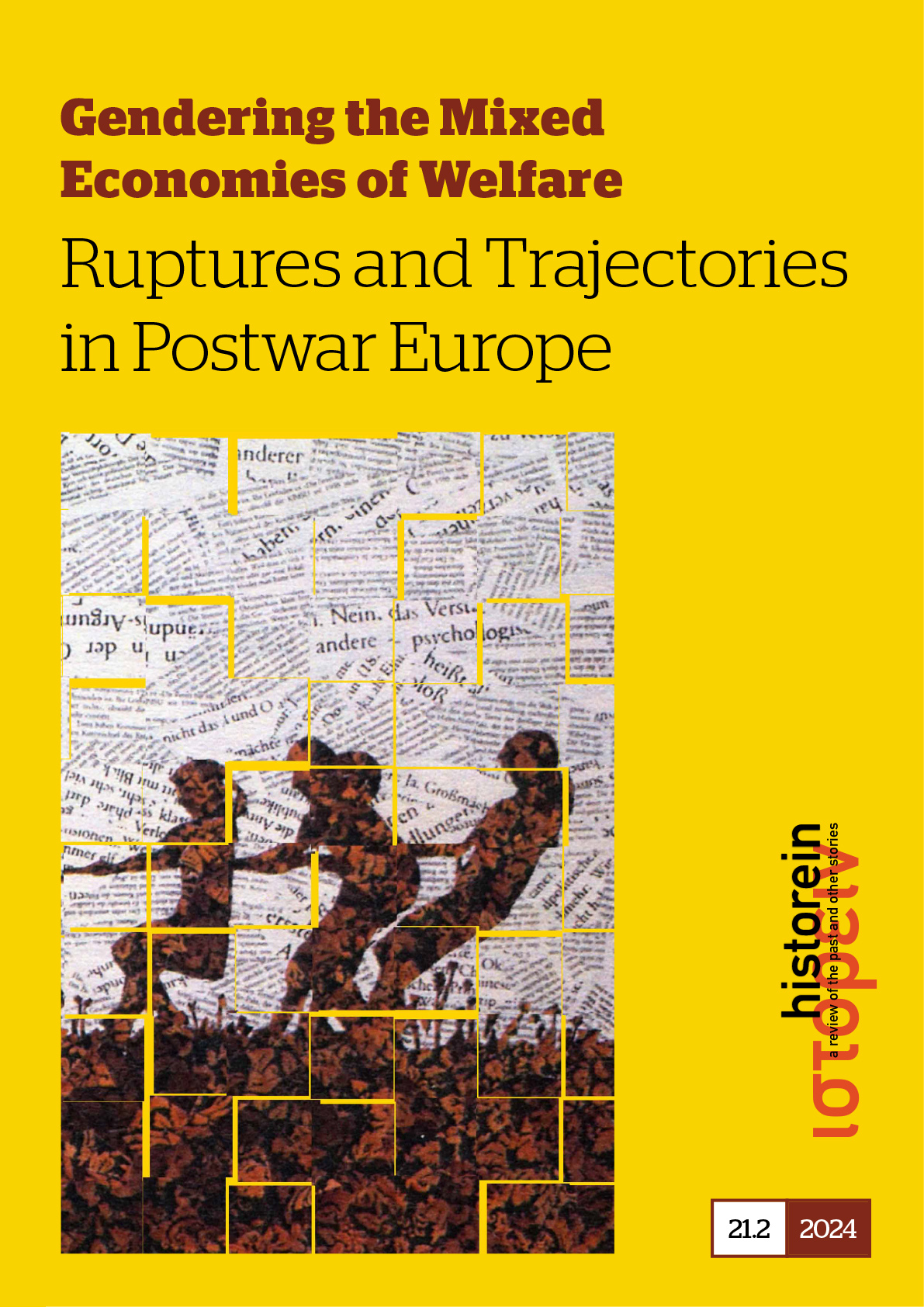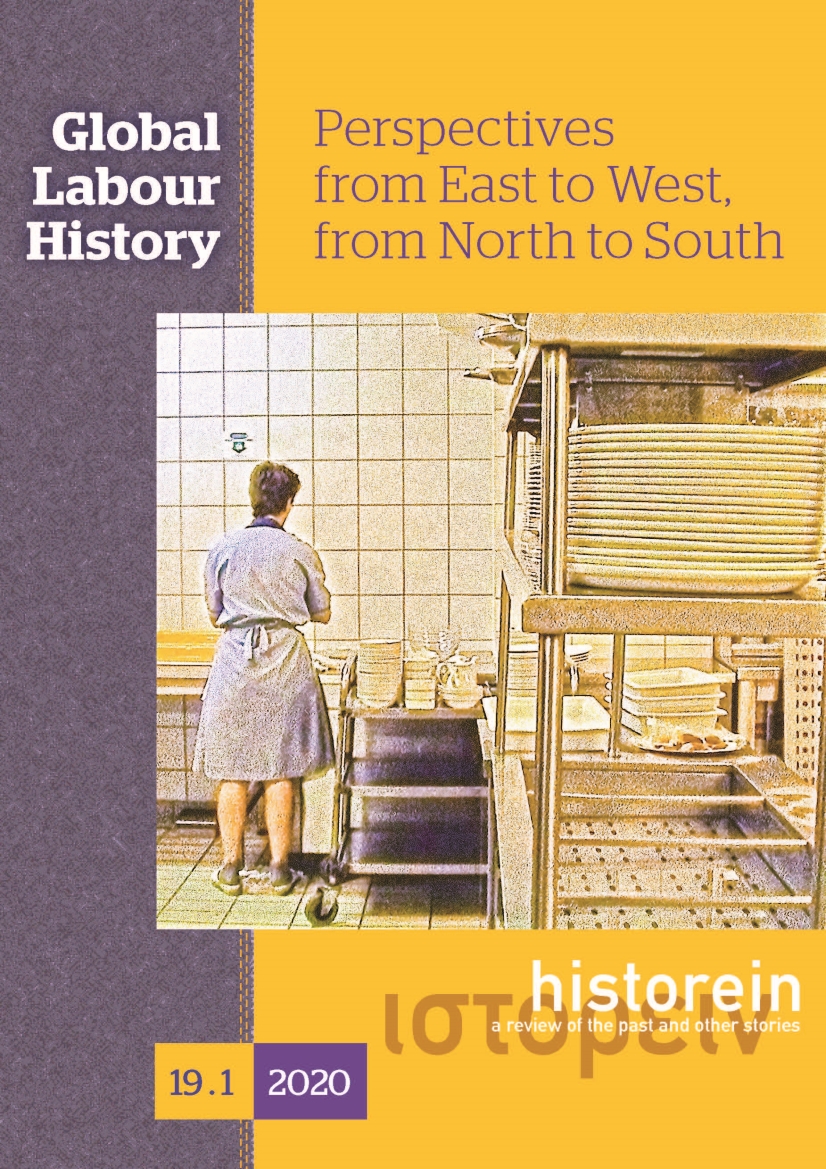Gender and Anticommunism in Children’s Social Protection in Postwar Greece The Role of Royal Foundations

Abstract
The article analyses the welfare activities provided by the Greek royal foundations in the period from their establishment in 1947 until 1968, focusing on their interventions concerning children and youth and their evolution over time. Placing the royal foundations’ activities in the Cold War and post-Civil War context, it argues that the intertwined state, parastatal and private initiatives, among which they had a hegemonic role, constituted the idiosyncratic Greek welfare state of the period, whose workings can be better grasped through the perspective of the mixed economy of welfare. Based on archival research, it highlights the gendered character of this specific version of welfare state-cum-mixed economy of welfare, and show that it was highly conservative, patriarchal and normative, based on ideological, political, class and gender exclusions. It depended on gendered massive voluntary action, especially women’s voluntary or low-paid work and elite women’s empowering activities.
Article Details
- How to Cite
-
Avdela, E., & Lampropoulou, D. (2024). Gender and Anticommunism in Children’s Social Protection in Postwar Greece: The Role of Royal Foundations. Historein, 21(2). https://doi.org/10.12681/historein.32281
- Section
- ARTICLES

This work is licensed under a Creative Commons Attribution-NonCommercial-ShareAlike 4.0 International License.
The copyright for articles in this journal is retained by the author(s), with first publication rights granted to the journal. By virtue of their appearance in this open access journal, articles are free to use (with the exception of the non-granted right to make derivative works) with proper attribution for non-commercial uses (licence Creative Commons 4.0). EKT/NHRF retains the worldwide right to reproduce, display, distribute, and use articles published in Historein in all formats and media, either separately or as part of collective works for the full term of copyright. This includes but is not limited to the right to publish articles in an issue of the Journal, copy and distribute individual reprints of the articles, authorize reproduction of articles in their entirety in another EKT/NHRF publication, and authorize reproduction and distribution of articles or abstracts thereof by means of computerized retrieval systems.


